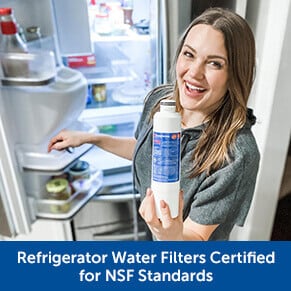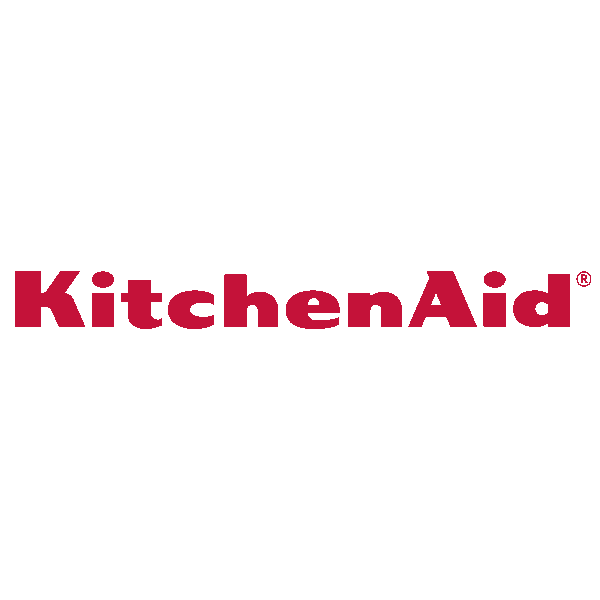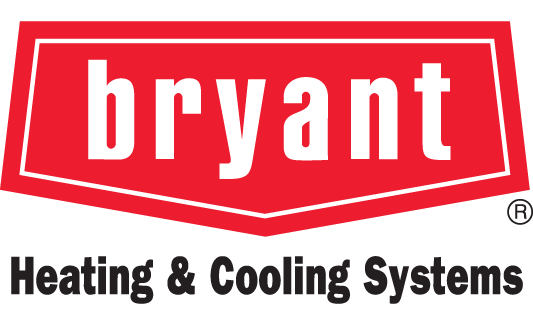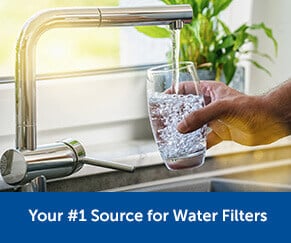Filtration is the most effective form of water treatment and purification is obtained at the time. to reduce carbon filters and multimedia capabilities in the treatment of reverse osmosis and distillation. They retain all the qualities of the two filter systems, while successfully removing impurities from the water to others. They are able to get rid of composite materials such as salt-water lake, where much smaller and selective removal of hazardous chemicals such as chlorine and pesticides, reverse osmosis and distillation.
Set as carbon filters and media for both chemical and physical processes of filtration, they are able to selectively remove large amounts of drinking water contaminants. Water filters can remove small, but dangerous chemical pesticides and herbicides, and trace elements to secure through the filter with water. Conservation of minerals and trace elements in water results in a much healthier source of drinking water.
Besides doing the slow filtration and activated carbon filters are not expensive energy sources such as reverse osmosis and distillation units. If systems and carbon filter media without heat or pressure, they are very profitable. Water and carbon filter media, a relatively small amount of wastewater in the filtration.
Set as carbon filters and media for both chemical and physical processes of filtration, they are able to selectively remove large amounts of drinking water contaminants. Water filters can remove small, but dangerous chemical pesticides and herbicides, and trace elements to secure through the filter with water. Conservation of minerals and trace elements in water results in a much healthier source of drinking water.
Besides doing the slow filtration and activated carbon filters are not expensive energy sources such as reverse osmosis and distillation units. If systems and carbon filter media without heat or pressure, they are very profitable. Water and carbon filter media, a relatively small amount of wastewater in the filtration.













Comment